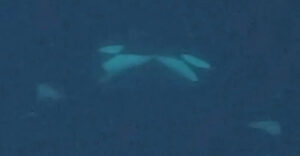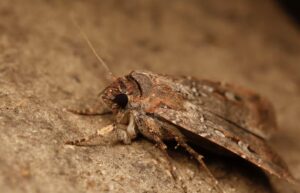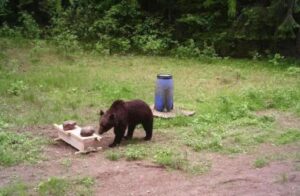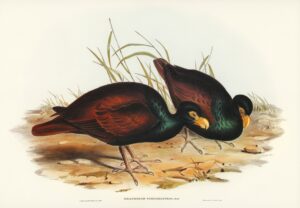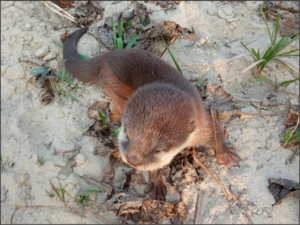An invasive species of ant is changing the Ol Pejeta Conservancy ecosystem in Kenya. Big-headed ants are native to Mauritius but have spread to many other parts of the world. They can have a drastic effect on native plants and wildlife, even impacting alpha predators like lions.
A vital tree loses its defenders
If you had visited the wildlife preserve a few decades ago, you would have seen acacia trees covering the savannah. But acacia numbers are now dwindling because of the tiny ants.
Elephants like to eat acacia trees but are often held at bay by acacia ants. As an elephant uses its trunks to grab leaves, the ants scurry from the branches into the elephant’s trunk and bite them. But the invasive big-headed ants are outcompeting the acacia ants and triggering a domino effect. The elephants aren’t being bitten, so they can feed on acacia trees till they are full, sometimes killing the tree.

An acacia tree. Photo: Shutterstock
Super colonies of the big-headed ants are killing a huge number of the native ants and as a result, the acacia trees are disappearing. Acacia trees come down seven times quicker in areas where you can find big-headed ants.
The trees act as shelter and camouflage for several species. As they disappear, huge swathes of the savannah are opening up. Lions use acacia trees to sneak up on zebra, their main prey in the preserve. Without the trees, the zebra can see lions far more easily and escape before the lions have a chance to pounce.
“Because lions need cover to successfully stalk and ambush their prey, they are more exposed when there are fewer trees to hunker down behind. It seems to make it harder for them to successfully take down the zebra,” Todd Palmer, co-author of the study, explained.

Photo: Shutterstock
Can other species adapt?
Researchers have watched this situation unfold over decades. Data suggests that lions are three times less likely to catch zebra without the cover of the acacia trees. It seems the invasive ants are forcing the kings of the savannah to look elsewhere for their dinner. For now, lion populations are stable because they are managing to supplement their diet with other prey, particularly buffalo. However, ecologists are unsure what will happen if this trend continues.
This is just one ecosystem web that the invading ants are affecting. The trees are also a major food source for endangered black rhinos and giraffes. If the number of trees continues to decrease, there is no telling what the other knock-on effects could be. Animals will have to adapt their behaviors to cope with the changing ecosystem around them.
“One of the surprises about this [study] was that these ecological chain reactions, that are triggered by an invasive species, affect a bunch of other species that have seemingly very little to do with that ant-tree mutualism,” said Jacob Goheen, a co-author on the paper.

